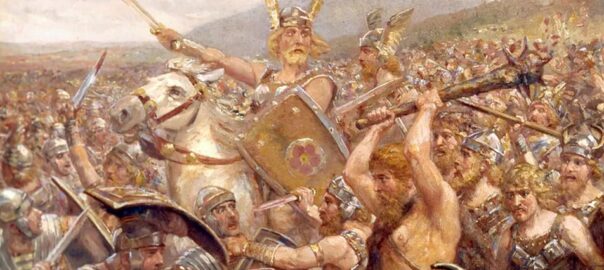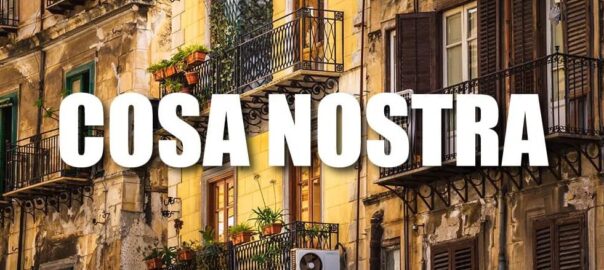Balthazar Cossa is a name that resonates with controversy. A man of immense ambition and undeniable shrewdness, Cossa’s life was a tumultuous blend of piracy, politics, and ultimately, the papacy. His rise to power, his controversial reign as Antipope John XXIII, and his eventual deposition paint a fascinating, albeit unsettling, portrait of a complex figure who challenged the very foundations of the Catholic Church in a time of profound crisis.
Born in Naples around 1370, Cossa was far from a conventional holy man. He was rumored to have been a pirate in his youth, a perception that clung to him even after entering the Church. He studied law at the University of Bologna, showcasing a keen intellect that would later serve him well in navigating the treacherous waters of ecclesiastical politics.
The late 14th and early 15th centuries were a period of intense turmoil for the Catholic Church, marked by the Great Western Schism. This devastating rift saw the Church divided, with rival claimants to the papacy residing in Rome and Avignon. Cossa seized the opportunity presented by this chaos. He quickly rose through the ranks, becoming a cardinal and demonstrating a ruthless efficiency in managing papal affairs.
In 1410, after the death of Antipope Alexander V, Cossa, with the support of various cardinals, was elected as Antipope John XXIII. His election was immediately contested, and he faced widespread skepticism and animosity, fueled by accusations of simony (the buying and selling of Church offices), immorality, and even murder. His reputation as a former pirate only served to exacerbate these suspicions.
John XXIII’s papacy was characterized by political maneuvering and military campaigns aimed at consolidating his power. He was a skilled diplomat and administrator, but his focus often seemed more geared towards worldly concerns than spiritual matters. He allied himself with powerful figures, waged wars, and engaged in complex negotiations to maintain his position. This secular focus further alienated many within the Church who longed for a return to spiritual leadership.
However, the pressure of the ongoing schism and the growing calls for reform eventually proved too much. Facing criticism from both secular rulers and members of the clergy, John XXIII reluctantly convened the Council of Constance in 1414. He hoped to manipulate the Council to his advantage, but events quickly spiraled out of his control.
The Council, determined to end the schism and reform the Church, ultimately forced John XXIII to abdicate in 1415. He was formally deposed, accused of a litany of crimes including heresy, simony, and violating oaths. This marked a stunning fall from grace for the man who had once held arguably the most powerful position in the Christian world.
Cossa spent the next few years under house arrest. In a surprising turn of events, he eventually submitted to the authority of the newly elected Pope Martin V, the legitimately recognized pontiff. This act of submission likely played a crucial role in securing his rehabilitation. Martin V, recognizing Cossa’s past contributions and perhaps his potential for future service, made him Cardinal Bishop of Tusculum.
Balthazar Cossa died in 1419 and was buried in the Baptistery of Florence. A magnificent tomb, commissioned by the Medici family, was erected in his honor. While his reign remains controversial, his tomb stands as a testament to his complex legacy: a pirate turned pope, a schemer and a politician, a figure who both challenged and ultimately bowed to the authority of the Church.
Balthazar Cossa’s story serves as a stark reminder of the political machinations and moral compromises that plagued the medieval Church. He represents a tumultuous period in history where the lines between spiritual and secular power blurred, and ambition often overshadowed piety. His life, from his alleged piratical beginnings to his deposition as Antipope John XXIII, remains a captivating and cautionary tale, prompting reflection on the nature of power, the integrity of institutions, and the enduring human capacity for both corruption and redemption.









